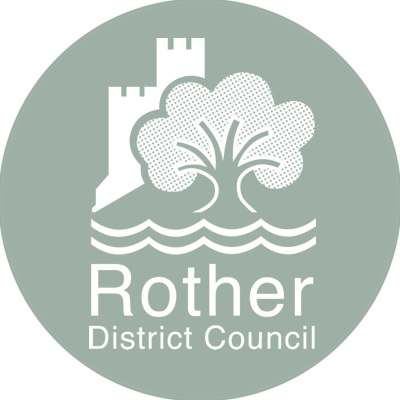Agenda item
Carbon Baseline Approach for Council's activities
- Meeting of Cabinet, Monday 10th January 2022 6.30 pm (Item CB21/69.)
- View the background to item CB21/69.
Minutes:
Members received and considered Minute OSC21/38 arising from the meeting of the Overview and Scrutiny Committee (OSC) held on 22 November 2021 that had considered the proposed approach to establish the Council’s Carbon Baseline in order to monitor its progress towards the Council’s ambitious carbon zero target.
It had been recommended to use the pre-pandemic year 2019/20 as the baseline year and data would be collected, where possible, of direct emissions generated from the Council’s own operations from an assessment of electricity, gas and water usage and business travel.
The Greenhouse Gas Protocol identified three types of emissions, referred to as Scopes 1, 2 and 3 and were reported as carbon dioxide equivalents:
Scope 1 Direct emissions from sources owned or controlled by Rother District Council.
Scope 2 Indirect emissions from the generation of energy purchased by Rother District Council.
Scope 3 Indirect emissions that result from the other activities that occur in the supply chain of the Council’s activities.
It was intended to include the outsourced services of leisure, waste collection and grounds maintenance services within Scope 3, but would be dependent on the data available. Carbon emissions generated by Council tenants, where the responsibility for the payment of the utility bills lay with the tenant, would be excluded from the asset baselining, as they were included within the districtwide emission calculations.
It was anticipated that baseline emissions for Scopes 1, 2 and some Scope 3 activities would be in place no later than 31 March 2022. The Council was currently recruiting to the post of Climate Change Project Officer, who would review the baseline data, further scope 3 activities, including data capture, and progress projects to reduce carbon emissions.
Whilst Cabinet was supportive of the approach outlined and agreed with the recommendations of the OSC, it was considered that a more robust approach was required to ensure that the Council’s ambitious target was met. The Cabinet Portfolio Holder for Environmental Management requested that the Climate Change Steering Group (CCSG) be reconvened as soon as possible and that officers identify a set of Key Performance Indicators (KPIs) to be monitored by the CCSG. Once the carbon baseline had been identified and the various projects worked up, these would be considered by the CCSG and funding sources identified, including the revised Community Infrastructure Levy’s Climate Emergency Bonus Fund (20% apportion), subject to full Council approval.
Cabinet agreed that it was essential to reconvene and task the CCSG to lead on this work to include reviewing and considering potential projects for onward funding approval by the Strategic Community Infrastructure Levy Allocations Panel (where appropriate) and monitoring of KPIs; it was agreed to amend the Terms of Reference of the CCSG to incorporate these activities.
RESOLVED: That:
1) the carbon baseline data be set from the 2019/20 financial year and that data related to Scopes 1, 2, and where possible, Scope 3 be included in the baseline set;
2) the Climate Change Steering Group be reconvened as soon as possible to consider projects that will contribute to a reduction in carbon emissions from the Council’s activities;
3) as part of this process, a set of Key Performance Indicators be developed to allow the process to be effectively monitored;
4) sources of funding (including potentially Community Infrastructure Levy funding) be assessed and progressed where feasible; and
5) the Climate Change Steering Group’s Terms of Reference be amended to incorporate these activities.
Supporting documents:
